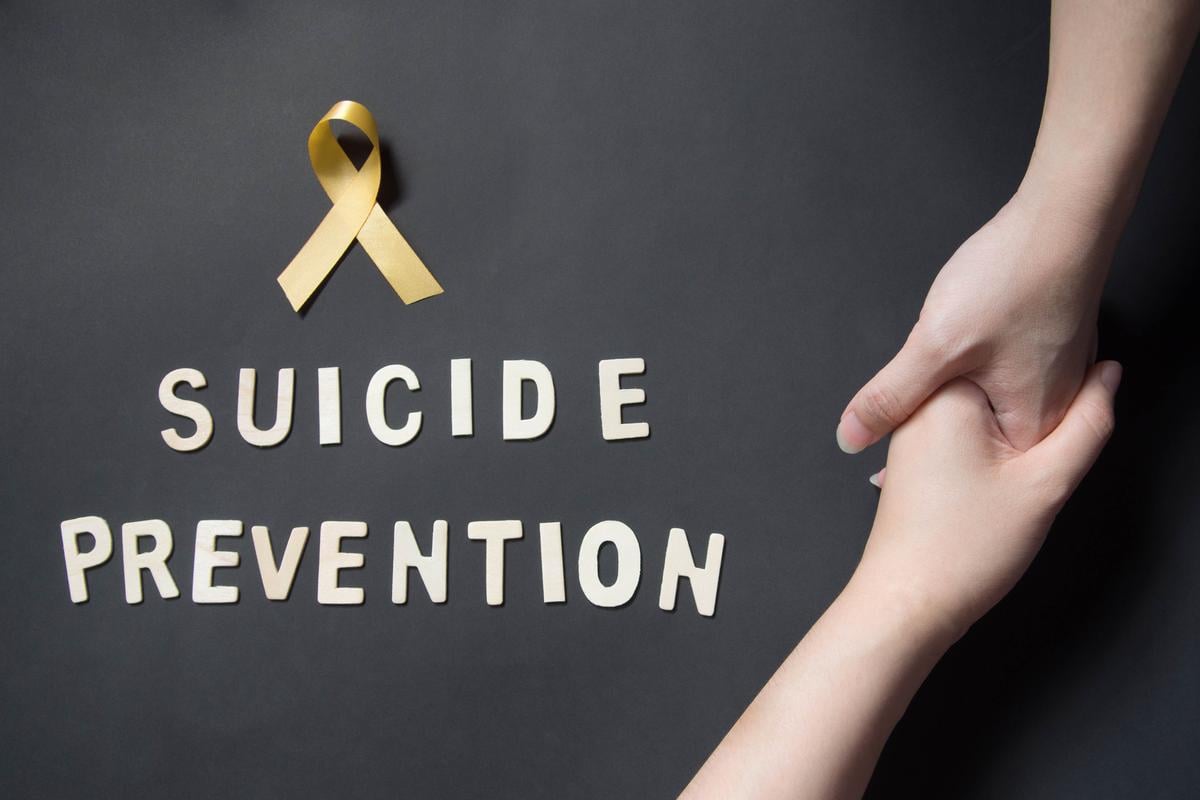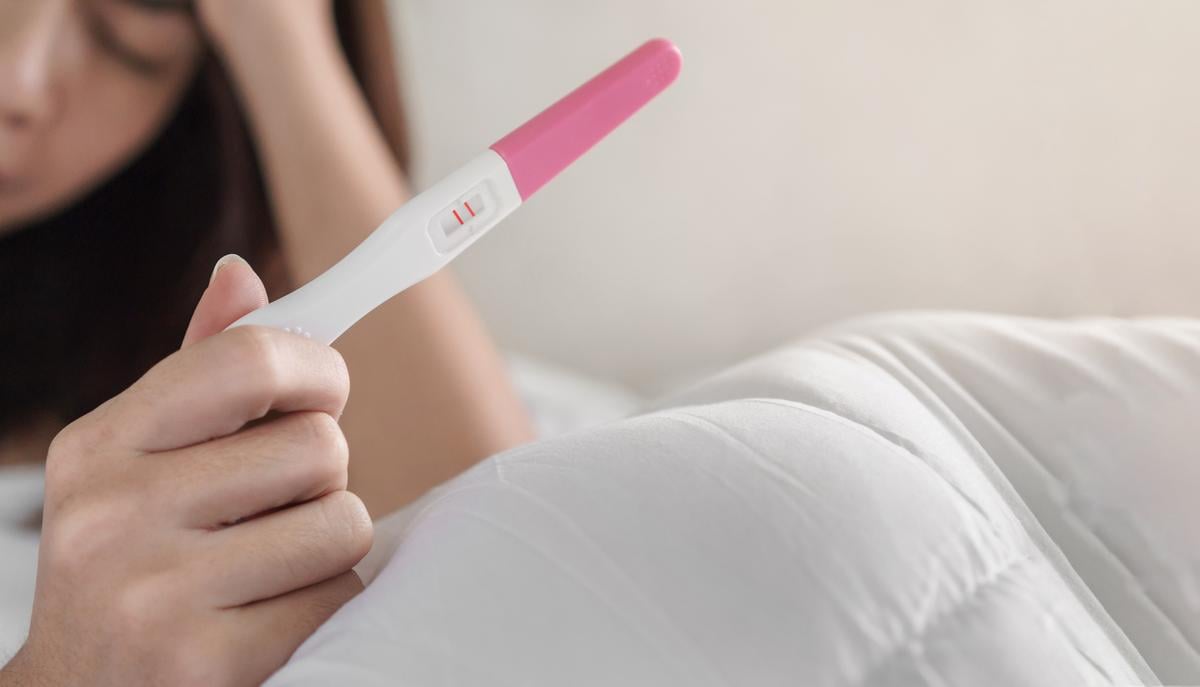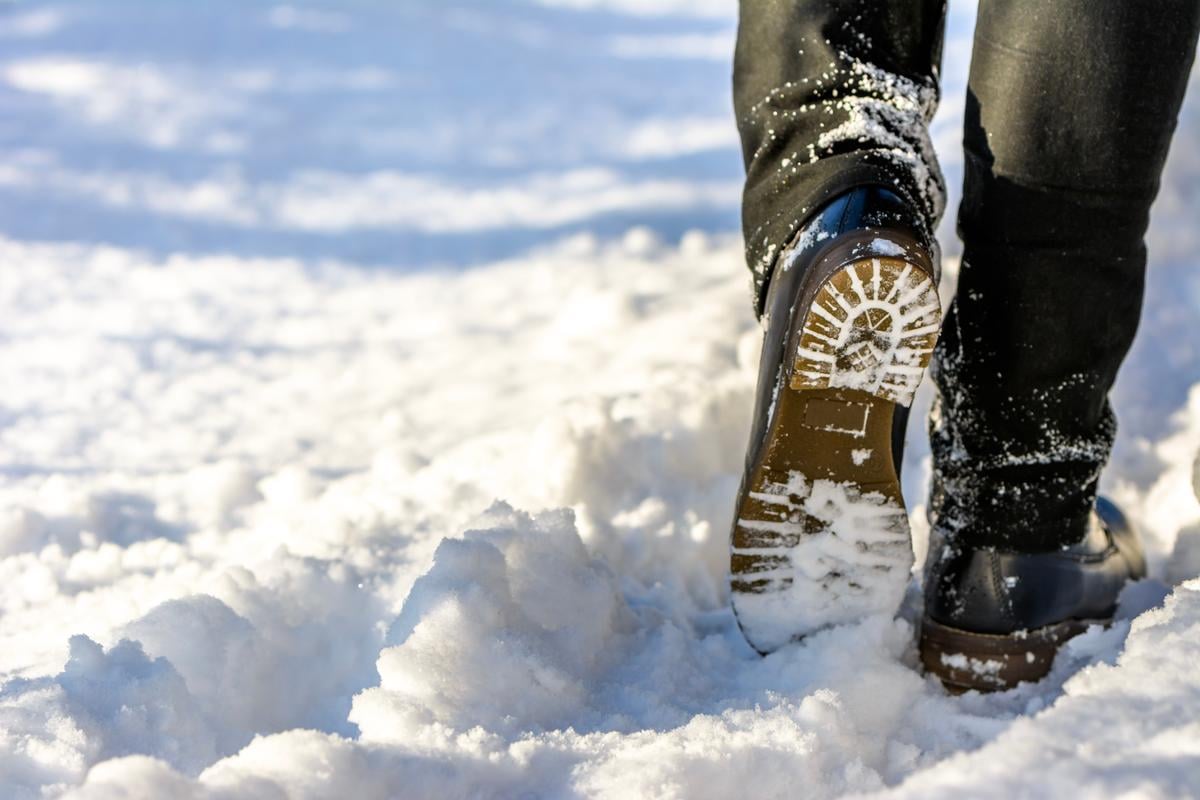
An experimental vaccine has shown promise in protecting against the sexually transmitted disease chlamydia, researchers report. Lab mice given the vaccine were able to rapidly clear subsequent chlamydia infections, and were less likely to develop severe infections compared with unvaccinated mice, researchers reported Nov. 11 in the journal npj Vaccines. The vaccine contains chlamydia whole-cell… read on > read on >






























